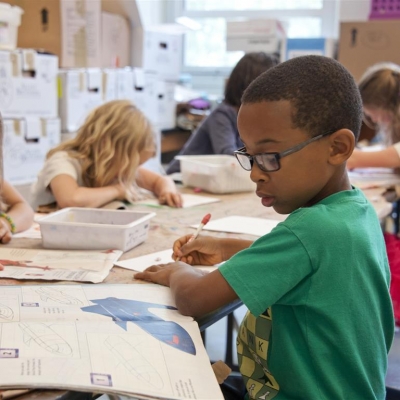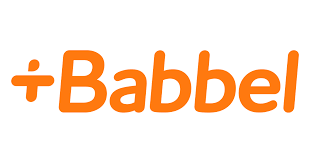International Schools in Kiribati

You will find below a list of the most popular international and bilingual schools for expats in Kiribati with fee information. The list includes nursery schools, primary and secondary (high) schools for you to find the right school to prepare for the International Baccalaureate and other accreditation in Kiribati.
Education in Kiribati
Education in Kiribati is free and compulsory from age 6 to 14, which includes primary school through grade six, and Junior Secondary School for three additional grade levels.
Secondary Education
- Lower secondary school lasts for 3 years, ages 13–15. At the end of Grade 9 (also called Form 3), students take exams to earn the Kiribati Junior School Certificate. Students then take the Common Entrance Examination, allowing them to enter upper secondary schools that offer both academic and vocational courses.
- Upper secondary school, ages 16–18, (called Form 4, 5 and 6) is an additional 3 years, and students take exams to earn the Kiribati National Certificate or the Pacific Senior Secondary Certificate, both of which allow access to enter pre-university courses at University of the South Pacific, Fiji (USP) and postsecondary technical or teacher training programs.
Some students take the GCE Ordinary level (O-Level) examinations. A few schools offer Form 7 (13th year). Form 7 graduates may enter the first year of university study.
Post-Secondary Education
University of the South Pacific, Fiji, has a small extension program on Tarawa.
A few Kiribati students are eligible to be admitted to university programs, mostly in New Zealand and Australia.
In addition, Kiribati offers non-formal job training and apprenticeship programs to provide job skills.
Higher education, including both university level programs and post-secondary vocational-technical training is provided by the government, that also operates two tertiary institutions on South Tarawa, namely Tarawa Technical Institute (TTI) and Kiribati Teachers College (KTC).
Tarawa Technical Institute offers a large number of courses in a wide range of vocational technical disciplines, including, building and carpentry, computer studies, business studies, adult general education subjects, and engineering.
International Schools
International schools can be the perfect solution for an expat student (multinational corporation executives, children of diplomats, NGO staff) in Kiribati. Many schools provide similar standards of schooling around the globe, providing for an easy transition between schools whether they are in France or Vietnam.
There may be some local population, but the schools are usually geared for an international student body. Schools may follow a curriculum model from the US, UK, France, etc. Primary instruction may be any language (and multiple languages are usually taught), but it is usually in English, French, Spanish, German, or Japanese. Schools also provide internationally accepted accreditation such as the international baccalaureate.
Admission and enrolment procedures vary from school to school. Space is often limited and preference may be given to students based on nationality. Tuition tends to be expensive based on local standards, but offers high standards of learning, boast smaller class sizes, first-rate facilities, and extracurricular. Boarding facilities are available at some schools, but most only provide day classes.
Accreditation & Membership
- The CoIS (Council of International Schools) is a non-profit association of international schools and post-secondary institutions which provides educational accreditation, teacher and leadership recruitment services, links to higher education, governance assistance and help with founding new schools.
- European Council of International Schools (ECIS) is a collaborative network promoting the ideals and best practice of international education, complemented by grants and awards.
- Council of British International Schools (COBIS) is a responsive organisation that serves, supports and represents its member schools.
- New England Association of Schools & Colleges (NEASC) is a regional accrediting association which establishes standards for all levels of education, from pre-K to doctoral.
- Agency for French Education Abroad (Agence pour l'enseignement français à l'étranger, AEFE) is a national public agency under the administration of the French government that assures the quality of schools teaching the French national curriculum outside France.
- National Association of Independent Schools (NAIS) represents over 1100 independent schools and associations in the United States and abroad.
International schools in Kiribati
Kiribati has 94 elementary schools, 24 junior high schools and 16 senior high schools (13 of the high schools are operated by Christian churches).
However, none of the schools described above is considered an “international school”.
- My Life Abroad -
A selection of expat stories

"A fun compulsive read!"
J. Matcham, Amazon
"I strongly advise people ready to live abroad to read this book!"
Patrice, Amazon

 Private Tuition: A Priority Among Expat Families for Their Children
Private Tuition: A Priority Among Expat Families for Their Children 5 Top International Education Systems For Expat Kids
5 Top International Education Systems For Expat Kids Same language, different ball-game
Same language, different ball-game Babbel
Babbel Embassies and Consulates in Kiribati
Embassies and Consulates in Kiribati